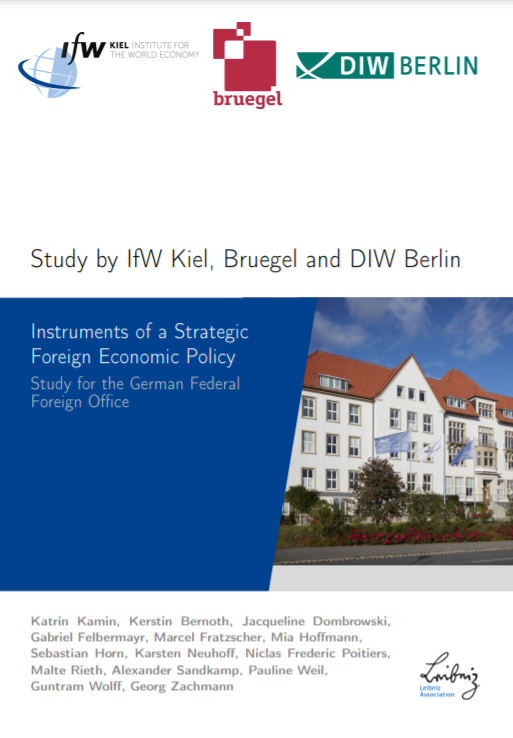Research assistants & interns

Pauline Weil
Research Analyst
Pauline works at Bruegel as a Research Analyst. She holds a bachelor in Political Science and a master’s degree in International Trade and Finance from Sciences Po Lille. She also studied an MSc in Political Economy of Europe at the London School of Economics.
Her research interests include monetary policy, sovereign debt sustainability, trade and the energy transition. Pauline’s two regions of expertise are Europe and Asia.
She wrote a master’s thesis on the European Stability and Growth Pact by focusing on Greece’s adoption of the euro and its government debt crisis. And her second master’s thesis questioned the political and economic sustainability of the Franc CFA currency in the West African Economic and Monetary Union (WAEMU) in the context of European integration.
Prior to Bruegel, Pauline was a Junior Economist for the credit insurer Coface where she provided country risk analysis on Europe, working from Paris, and then on Asia, from Hong Kong. She also pursued the Blue Book Traineeship at the European Commission, working for DG DEVCO in the Directorate for Asia.
Pauline is fluent in French and English and has a good command of Spanish.










